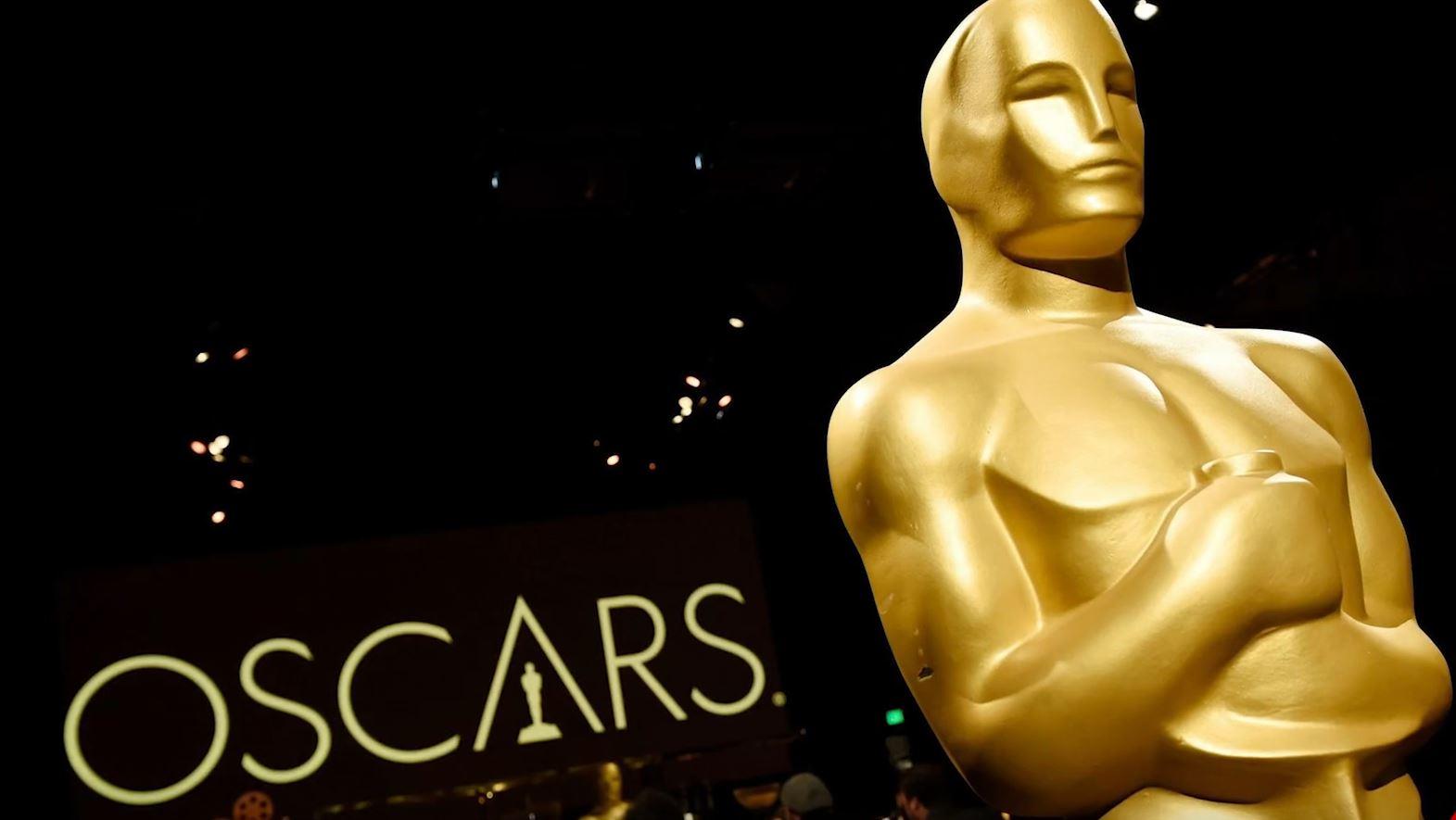
China Bans Live Oscars Broadcast After Hong Kong Protest Film Nominated
China ordered local media to cancel live broadcasts of next month’s Oscars ceremony and to play down coverage of the event after a documentary on the Hong Kong protests was nominated for an award, according to a new report.
The Communist Party’s propaganda department issued the order to all media outlets, Bloomberg reported, citing anonymous sources. Outlets were told that coverage of the 93rd Academy Awards, which will air April 25, should focus on awards that aren’t seen as controversial.
The order was also reported by other media including Radio Free Asia and Hong Kong’s Apple Daily late Tuesday. The information office of China’s State Council didn’t respond to requests seeking comment.
At the center of the mandate is “Do Not Split,” a film nominated for best short documentary, which chronicles the anti-Beijing demonstrations that took place in Hong Kong in mid-2019, as well as China’s growing power and influence in the former British territory.
Directed by Norwegian video journalist Anders Hammer, the film has hardly been covered in China, which keeps an iron grip on local and social-media platforms within the country. Censorship orders are routinely issued by the government, which also vets social media posts.
Over the past two years, at least two Chinese streaming services, at least two Chinese streaming platforms — 1905.com and Mango TV — showed the Oscars ceremony live.
The platform 1905.com is run by a subsidiary of state broadcaster China Central Television, known as CCTV, according to its website. The platforms could not be reached for comment.
Tensions have been high between the US and China, particularly during the Trump administration, which blamed the country for its handling of the initial stages of the coronavirus pandemic. Hollywood, too, has had recent challenges with China, which is now the world’s largest movie market.
Disney thought it had a blockbuster with its live-action remake of Chinese folk tale “Mulan” last year, but the movie was criticized locally for its portrayal of Chinese culture and in the West for filming in the Xinjiang region, where the government is accused of oppressing the Uyghur minority group.
